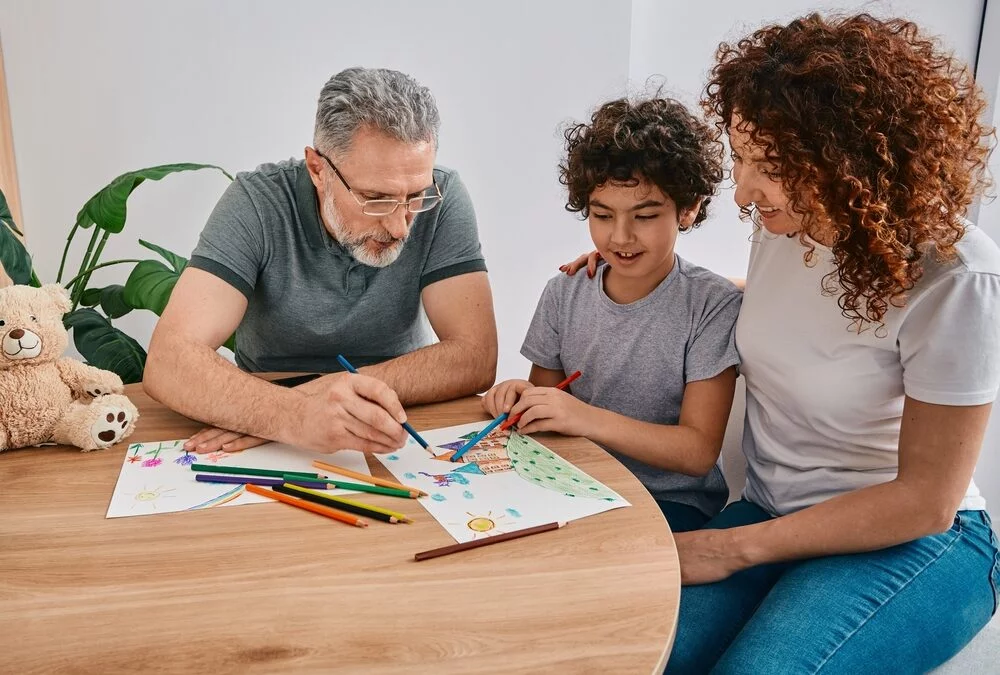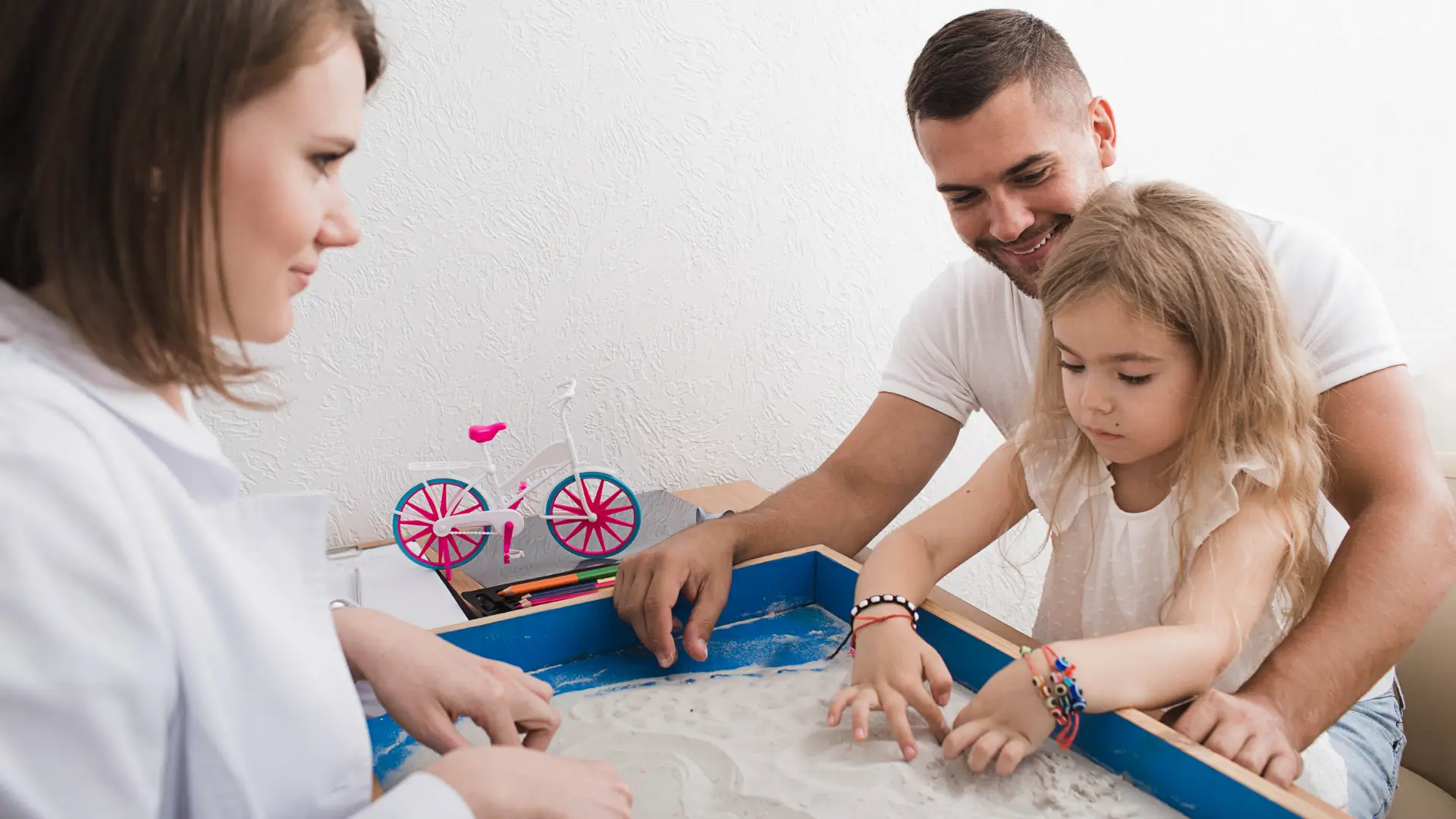Children with autism sometimes find it difficult to acquire social skills and reach daily life’s independence. These challenges can compromise their capacity to follow routines, connect with classmates, and participate in events encouraging personal development. But aba therapy for autism has shown great promise in tackling these issues and giving kids the tools they need to flourish in social settings and start to become more self-sufficient.
Understanding ABA Therapy
Scientifically supported, ABA (Applied Behavior Analysis) therapy emphasizes enhancing particular behaviors and skills by means of reinforcement and methodical instruction. It helps children with autism by separating chores into smaller, doable steps, therefore facilitating their access to learning. Through reinforcement of positive behavior, ABA therapy teaches children daily routines, appropriate social interactions, and communication skills. The therapy is customized to fit the child’s particular needs, so guaranteeing that the interventions are both age-appropriate and successful. Children can generalize these abilities over time to many contexts, including home, classroom, and social settings. The reason aba therapy for autism is a main tool in promoting long-term social and behavioral development is this customized approach.
Enhancing Social Skills Through ABA Therapy
The development of social skills is one of the key goals of ABA therapy, and for kids with autism, this is especially difficult. Without direct training, social situations can require knowledge of nonverbal signs, maintaining eye contact, alternating in speech, and emotional management—all of which can be challenging. Through role-playing, controlled peer interactions, and the use of social stories teaching proper reactions to various social circumstances, ABA therapy addresses these abilities. Children progressively learn how to interact positively with others through consistent reinforcement and guided practice. This not only increases their social skills but also increases their confidence in social environments, so facilitating their formation of connections and handling of daily events.

Fostering Independence in Daily Life
Apart from improving social skills, ABA therapy greatly helps kids with autism become more independent in their daily lives. Children who have executive functioning or sensory processing problems may find activities including dressing, eating, and maintaining personal hygiene taxing. ABA therapy teaches children to complete these chores on their own over time by dissecting them into smaller, doable steps. Children with autism can grow to feel successful and more independent by concentrating on self-help techniques and praising development at every level. By equipping children with the fundamental skills they need to communicate meaningfully with people and confidently negotiate daily challenges, ABA therapy gives autistic children the chance to lead more rewarding, independent lives.
















